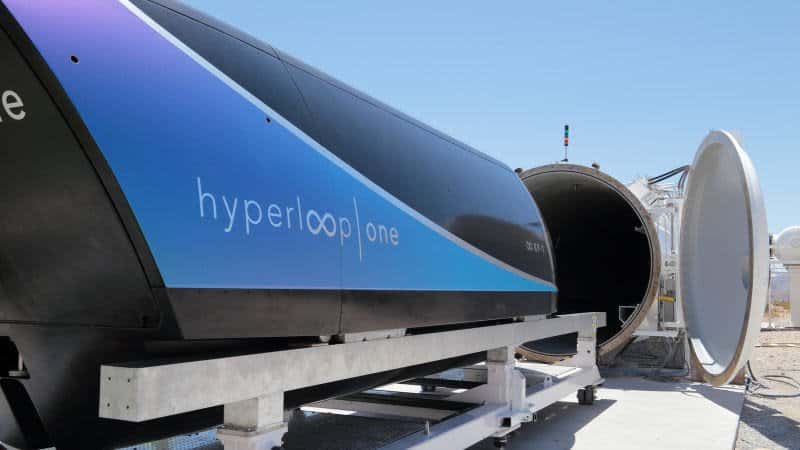Los-Angeles based Virgin Hyperloop One today announced that it has signed an agreement (MoU) with Maharastra to build and develop world’s first operational hyperloop between Mumbai and Pune.
ALSO READ: New Google Tool Will Stop Annoying Ads From Following You Around!
Virgin Hyperloop One
Hyperloop has the capability to hit a high speed of up to 1000 kmph. Mumbai-Pune route is about 350 km and Hyperloop will cover it within 30 minutes with a speed of 600 kmph. The route would also link central Pune, Navi Mumbai International Airport, and Mumbai in 25-minutes and connect 26 million people, supporting 150 million passenger trips per year.
India may become the first country to have an operational Hyperloop one, Dubai is a close second.
The company further said that the route could result in USD $55 billion (Rs.350,000 crores) in socio-economic benefits, time savings, accident reduction and operational cost savings with 30 years of operations. This project will take three years to complete the test run and roughly 7 years to being commercial operations.
ALSO READ: Hyperloop To Come In India: Pune To Mumbai In 30 Minutes!
Sir Richard Branson, Chairman, Virgin Hyperloop One said:
I believe Virgin Hyperloop One could have the same impact upon India in the 21st century as trains did in the 20th century. The Pune-Mumbai route is an ideal first corridor as part of a national hyperloop network that could dramatically reduce travel times between India’s major cities to as little as two hours. Virgin Hyperloop One can help India become a global transportation pioneer and forge a new world-changing industry.
BONUS VIDEO
For the latest tech news, follow TechDipper on Twitter, Facebook, Google+, Instagram and subscribe to our YouTube channel.




